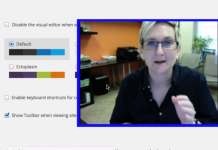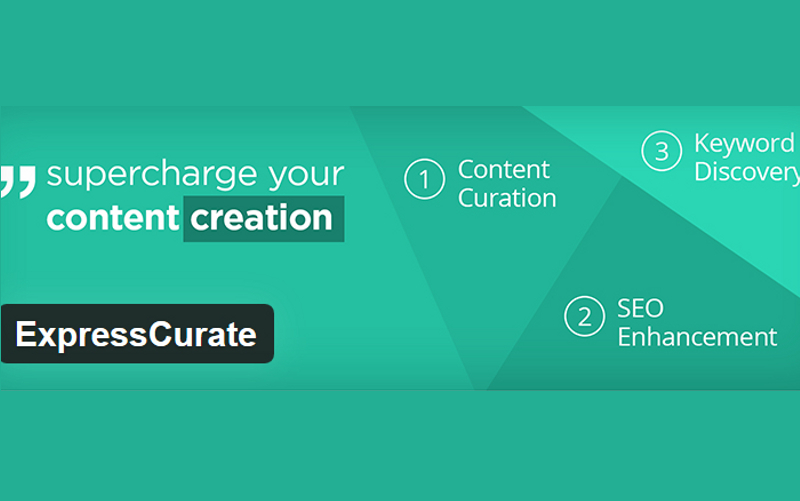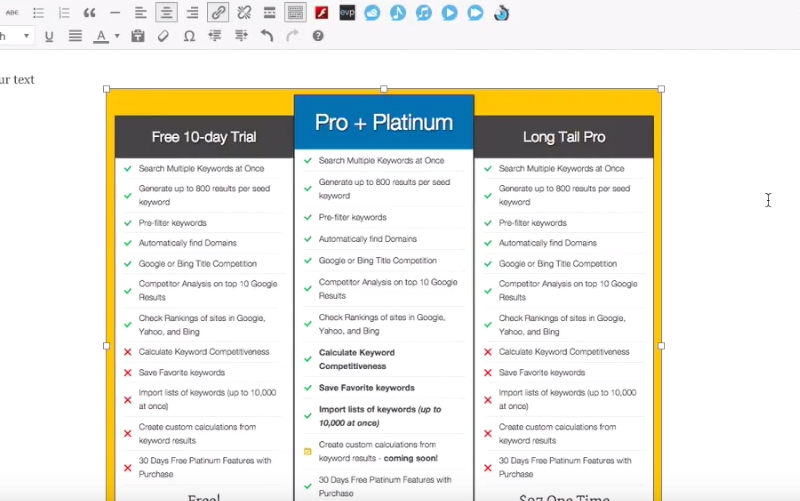Two great free resources to help bloggers get their next project off the ground are Blogspot and WordPress. Blogspot, which is commonly known as Blogger, is owned by Google and makes publishing content extremely easy. Just type in your content, hit the publish button, and you’ve got an active blog.
WordPress offers two options, depending upon whether you choose the .org or the .com platform. If you want the free blogging platform, then you must use the .com version of WordPress. If you want an e-commerce platform, then you must use the .org version of WordPress.
What You Receive with Blogspot
- Template design options that allow you to customize your blog’s appearance within the coding of some templates.
- Free hosting services that do not have a quoted storage space maximum.
- Easy integration with advertising options, especially Google AdWords.
- Landing pages that can be added to the blog.
- Responsive access for mobile devices.
If you already have a custom domain that you want to use on Blogger, then Google does not charge you to add it. You also have the option to purchase a custom domain through your Blogspot dashboard if you wish to remove the subdomain fro your URL.
What You Receive with WordPress
- Up to 3GB of free storage that can be used for various types of media.
- A blog with the option to convert some pages into landing pages.
- Hundreds of themes from which to choose.
- Responsive access to your website without additional coding.
- Free visitor statistics without the need to install third-party analytics.
Premium upgrades are available with WordPress as well. You can add a custom design, use a custom domain, or go ad-free. Redirects are also possible. The VideoPress upgrade allows you to upload, host, and embed your own videos on your own blog. Pricing for these additional services begins around $13 and can be as high as $129.
User Experiences with Blogspot and WordPress
The free options provided by Blogspot and WordPress are quite similar when it comes to the user experience. You’re going to choose a title for your blog, which you can change in the future if you wish. A tagline is permitted, though optional, and you’ll choose the language with which you’ll be blogging.
Then you’ll be asked to choose a theme for your blog. Blogger and WordPress have both modernized a number of their themes, allowing you to create a clean, crisp look that reflects the branding of your blog.
Blogger has new templates which cannot be edited, which is an experience that is quite similar to WordPress. If you wish to edit the details of your chosen theme on Blogger, then you’ll be required to choose a theme that is not dynamic. On WordPress, you are extremely limited in the editing you’re allowed.
When to Choose Blogspot Over WordPress
Blogsport is the option to choose if you’re looking to monetize your online presence without a large upfront investment. Assuming you are authorized to install Google AdWords or another advertising platform, you can quickly get the coding into your site to begin generating revenues from clicks and impressions.
You’re also permitted to create affiliate links and sites on the Blogger platform. You’re also permitted to create an e-commerce presence with your blog, though you’ll need to setup a credit card processor or use a digital payment platform like PayPal to do so.
When to Choose WordPress Over Blogspot
WordPress is the option to choose if you’re main concern is sharing content. It is a superior option for those who like to upload new content and share it with others in a manner that is similar to a social media experience.
You can customize WordPress to be similar to Blogspot in a number of ways, but that customization comes with a cost. You are not permitted to advertise on WordPress or create an e-commerce platform. The current fee to eliminate WordPress advertising from your domain is $30 per year.
You can add custom CSS to your blog as well for another $30 per year. This premium add-on does not include PHP editing.
What to Choose: Blogspot vs WordPress
When comparing the two platforms, one can see that WordPress is well-maintained and Blogspot is given bare-bones support. On the other hand, Blogger offers users more overall flexibility with their content and the chance to earn some revenues, whereas blog monetization on WordPress is nearly impossible to do.
Both options offer clean templates, easy content uploads, and lots of personalization options. Choose the one that can best meet the overall needs you have with your new blog.







